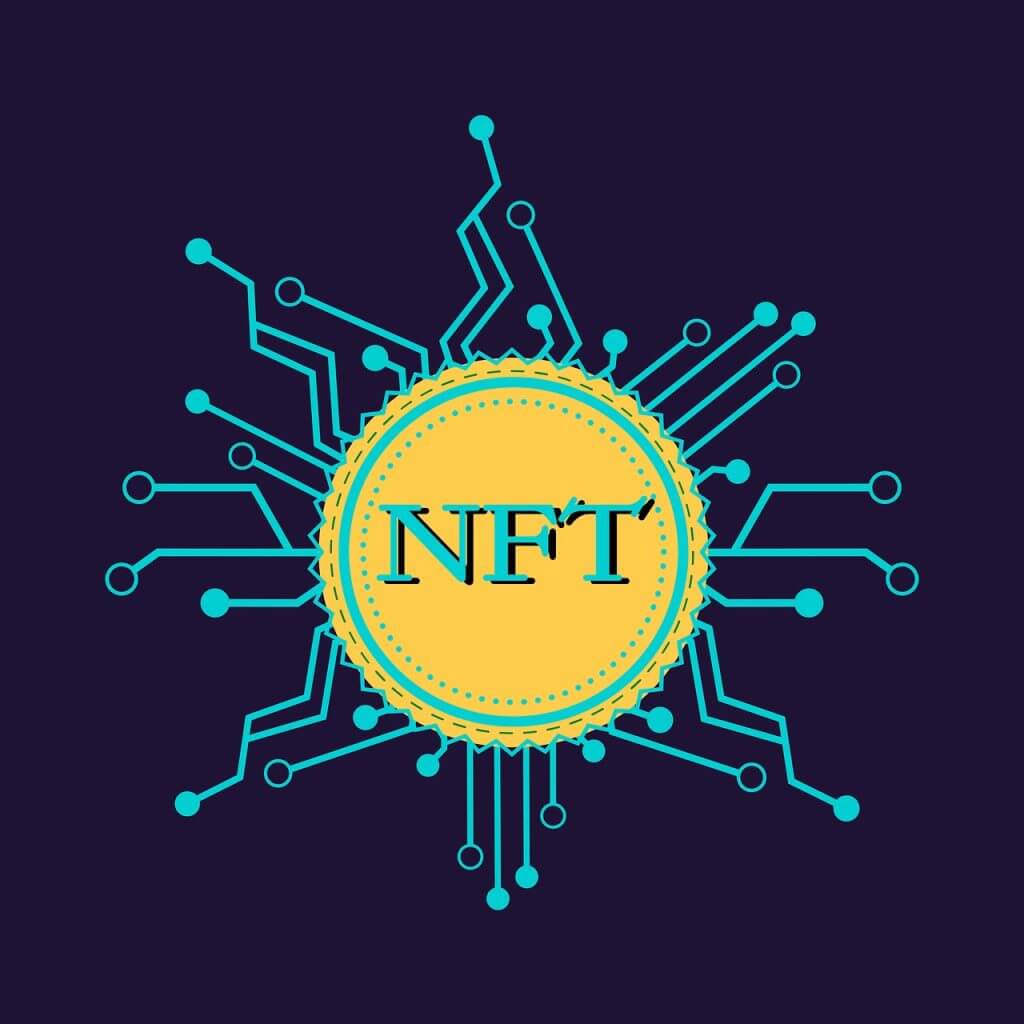
As the name implies, literary NFTs are digital assets that are coined on the blockchain as NFTs or non-fungible tokens. It’s a digital literary work that has been lately dominating the online world. Literary NFTs could be anything like novels, scripts, essays, poetry, or even audiobooks.
Literary NFTs are ideal for replacing the intermediary publishing bodies for direct interaction with the audience. They are efficient in building strong relationships with the buyers/readers. Even leading publishers like Pearson wants to convert e-books and textbooks into NFTs.
What are Literary NFTs?
Literary NFTs are books that are stored in a decentralized network of computers. They are a new way to go beyond the traditional books/ebooks publishing for a complete paradigm shift. With literary NFTs, both authors and publishers can ensure a good balance for their earning and monetization opportunities.
The best thing about the literary NFTs is that they ensure limited copies of the books/literary work. As there are limited assets, authors can expect more value and demand from the readers.
How Can Literary NFTs Benefit the Writers?
Literary NFTs offer several benefits to the writers:
Full-fledged Control
Literary NFTs offer full control to the writers because there are no denials from the publishers. While working with a publisher, writers face issues with controversial topics, but here there wouldn’t be such problems with NFTs. As there are no issues with censorship, writers become independent, and they have total control over the publishing process. They can also publish books on whatever topic they want.
Direct Relationship with the Reader
Besides the greater hype due to limited copies of books, writers can also create strong bonds with the readers. They can ensure good engagement with the reader through social media and diminish the gap between the same. Authors can also start a fan-based community to boost their visibility and popularity among readers.
Additional Bonuses
Literary NFTs are also a great way for authors to include additional chapters like notes, illustrations, and glossaries. Additionally, writers can receive the recognition and compensation they deserve. As there wouldn’t be any intermediary bodies, writers can receive good profits for their write-ups.
How to Publish Literary NFTs?
To publish your literary NFTs, follow the below steps:
- Start by creating your literary work. These will be regarded as NFTs, which will be your own property. However, you wouldn’t be able to trade or exchange the same.
- Choose a blockchain for your NFT and then download a digital wallet accordingly.
- Lastly, mint the NFTs on Web3 publishing platforms. You can also list NFTs on the marketplace of your choice. Make sure to set the cost as per your work, and eventually, your NFT e-books will turn into reality.
Are Literary NFTs Valuable?
With piracy becoming more and more common each day, writers are losing their hard work to a bunch of illegitimate people. However, as NFTs were introduced, only limited literary assets were shared as NFTs. They are encrypted and decentralized to offer more protection and security to the assets. Also, authors get full control over their write-ups, and they aren’t hackable. So, yes, literary NFTs are definitely valuable.
Navkiran Dhaliwal is a seasoned content writer with 10+ years of experience. When she's not writing, she can be found cooking up a storm or spending time with her dog, Rain.

